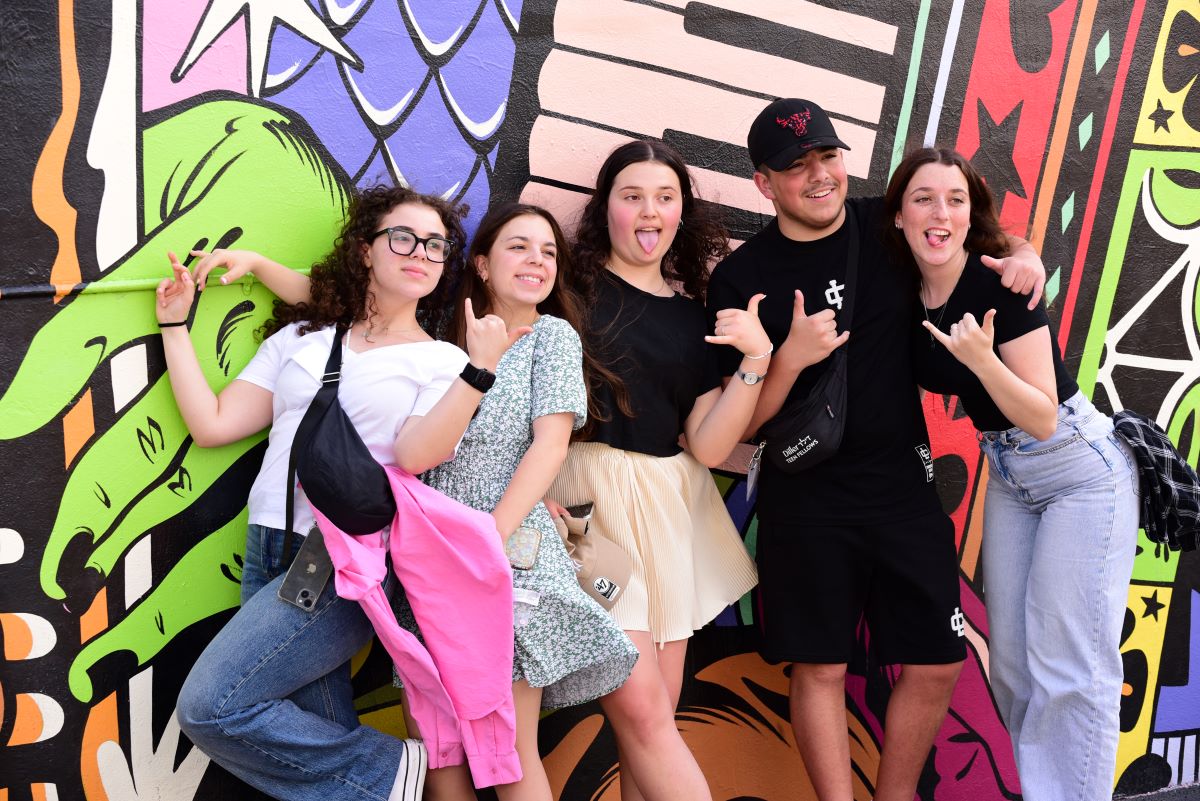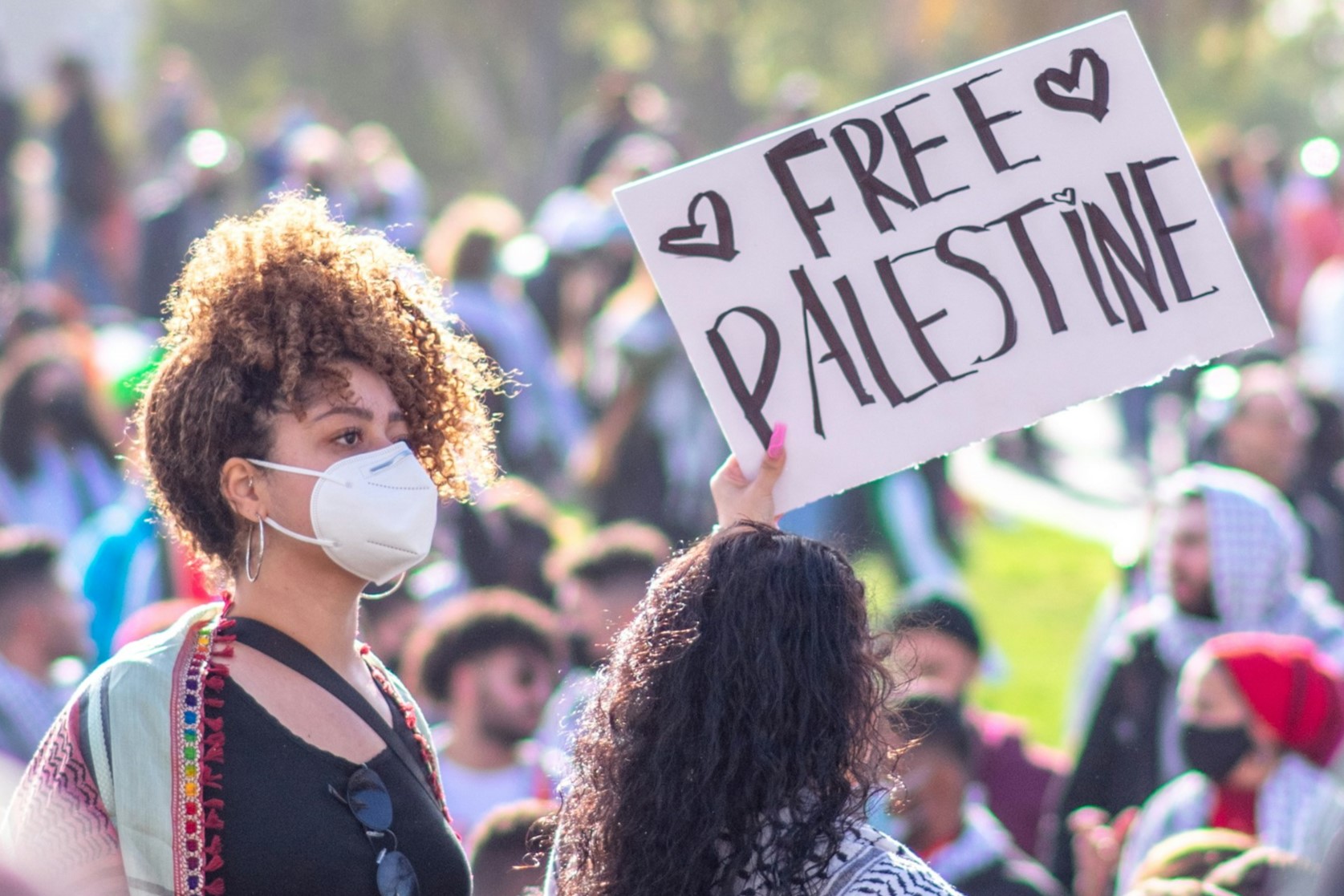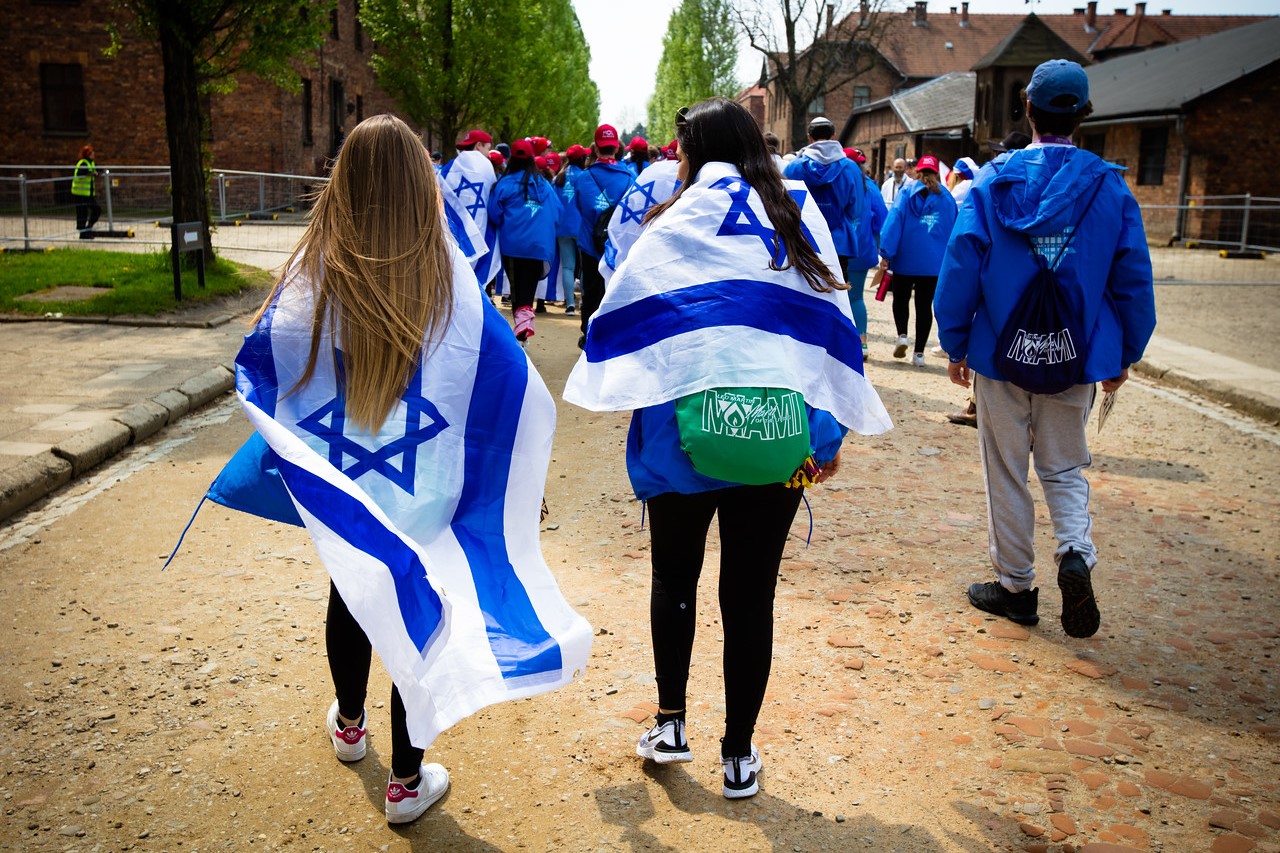There Is A Place For Us

This Dvar Torah is written by Rabbi Josh Feigelson, PhD is President & CEO of the Institute for Jewish Spirituality. He is the author of Eternal Questions: Reflections, Conversations, and Jewish Mindfulness Practices for the Weekly Torah Portion (Ben Yehuda Press, 2022).
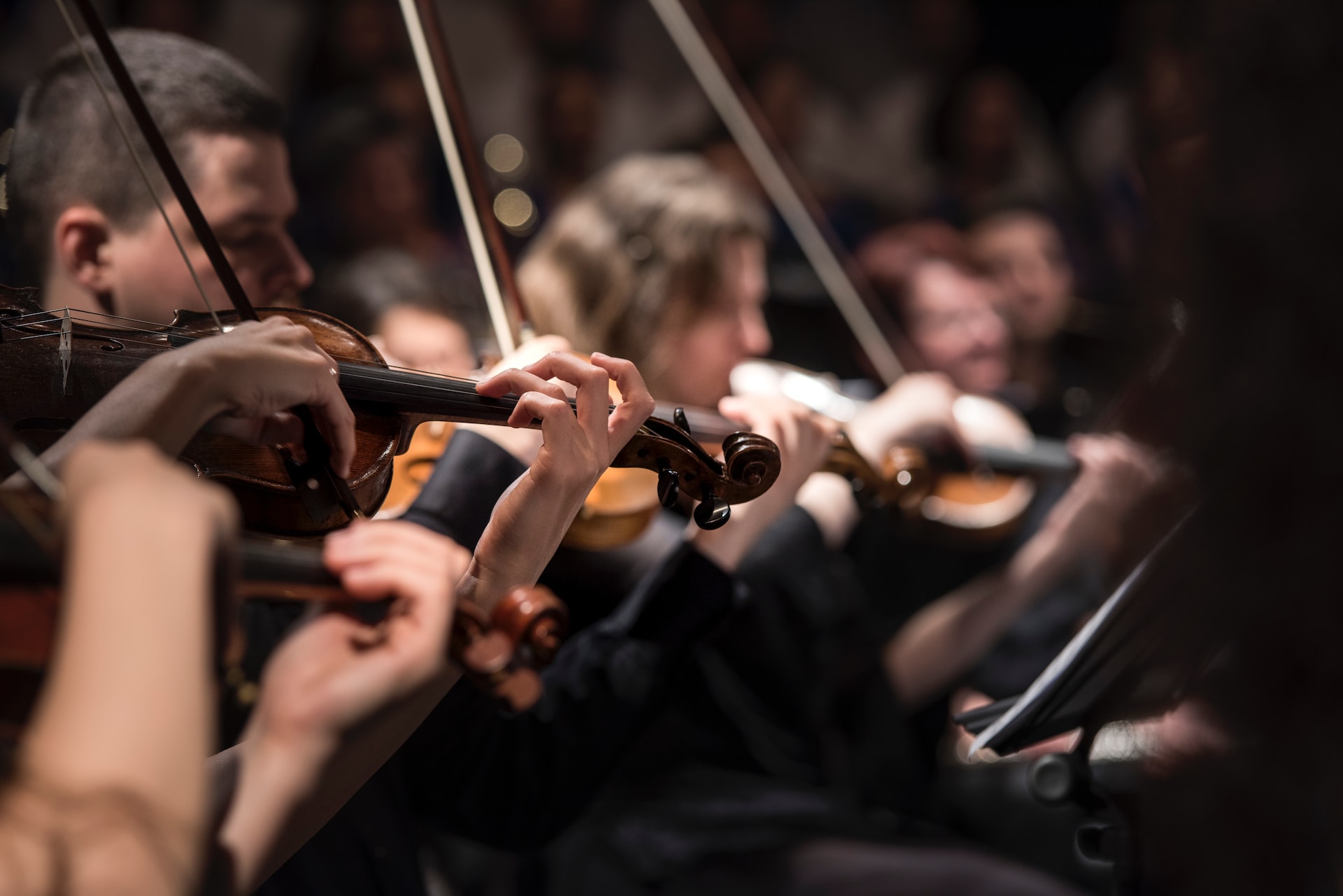
Photo by Larisa Birta on Unsplash
The other day I put on some music during a walk.
It was a recording of Beethoven’s violin concerto, a piece I’ve listened to many times before—musical comfort food.
I didn’t have any particularly special expectations. I know the piece and figured I would hear what I usually hear.
But the recording, with soloist Maria Duenas and the Vienna Symphony led by Manfred Honeck, surprised me. The tempo was slower than most recordings I know, and Duenas made a special effort to bring out subtle inflections in the notes that I hadn’t appreciated before.
But most of all it was the orchestra and Honeck that surprised me.
In most concerto recordings—featuring the violin or any other instrument—one doesn’t notice the orchestra much; they’re there primarily to allow the soloist to do their magic.
But on this recording, Honeck— a conductor whose work I enjoy in general— made clear that the orchestra was going to really play this music, not just as an accompanist to the soloist, but as a true partner.
There were dynamic shifts and accents and instrumental colorations— the kinds of things I expect when listening to a symphony, but not a concerto. The combination of soloist and orchestra was truly striking.
“Every person has their time, and every thing has its place.” This teaching from Pirkei Avot (4:3) has long been one of my favorites.
Years ago, while living in Jerusalem, I went to the Olivewood factory in the Meah Shearim neighborhood and bought a small plaque, and asked the calligraphers there to write this teaching on it. It has hung in my office ever since.
It comes to mind as I think about this recording: it isn’t just the soloist who has a time and place, but every member of the orchestra— the oboist and the flutist, the second chair trumpet and the last chair viola.
Yes, the soloist, in this case, has a more prominent time and place, but every member of the orchestra contributes to the totality; every instrument is vital to the whole.
“Count the whole Israelite community by the clans of its ancestral houses, according to the number of their names” (Num. 1:2).
This opening command to Moses reveals the heart of Bamidbar— both the Torah portion and the larger book (Numbers) that it opens.
At that heart lie questions about the teaching from Pirkei Avot that hangs in my office:
- How do we both acknowledge the name, the individuality, of each unique member of the community, while also nurturing the kind of equity and equality necessary for social cohesion and flourishing?
- How can we create communities and a society in which each of us knows we have our time and place, yet/and simultaneously recognize that we are part of a larger whole?
- Where can the talents of the soloist and the contributions of the second chair bassoon— and the stage manager, and the major donor, and the audience member in the cheapest seat— all be acknowledged and embraced?
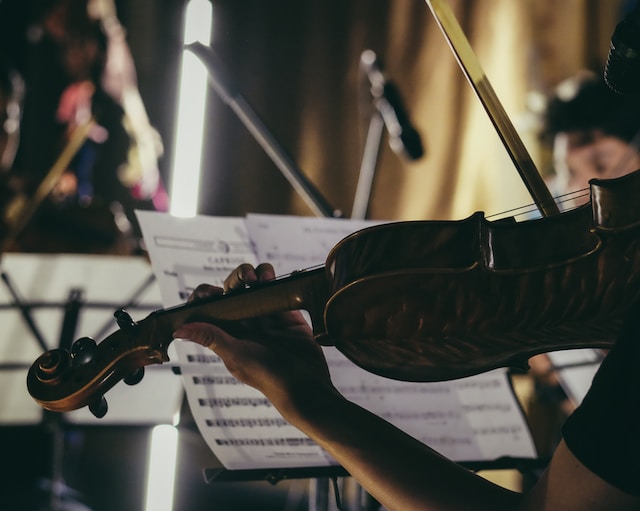
Photo by Julio Rionaldo on Unsplash
One of our foundational middot at IJS is shemirat hadibbur, mindful speech.
And one of the core practices of enacting this middah is cultivating awareness of the space we take up with our speech (and not only our articulated speech, but our written and embodied speech too).
We aim for it to be no less than it should be, but also no more—a careful balance.
Enacting this practice requires attentiveness and attunement, both to our own inner voice and to the voices of the rest of the members of the orchestra in which we play.
It demands both humility and a deep sense of our own self-worth.
We often get that balance wrong, and we aim to learn from those moments when we miss the mark so we can do better; and we extend forgiveness to others who are trying their best, just as we rely on their forgiveness for ourselves.
Thirty-four years ago, I read Parashat Bamidbar for my bar mitzvah.
Looking back on the last 34 years, it seems to me that this dance of self and other, of discerning our place in the orchestra even as the orchestra and the music evolve and change, is the essence of living as a Jewish adult, a member of the community.
May our practice support us in that ongoing discernment, and may we support one another as we play in our people’s orchestra, revealing the score of the Holy One.
Shabbat Shalom!

